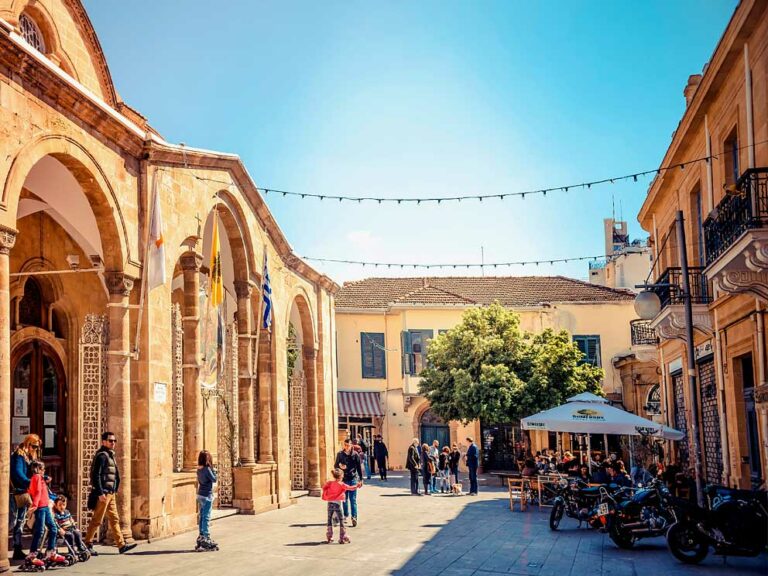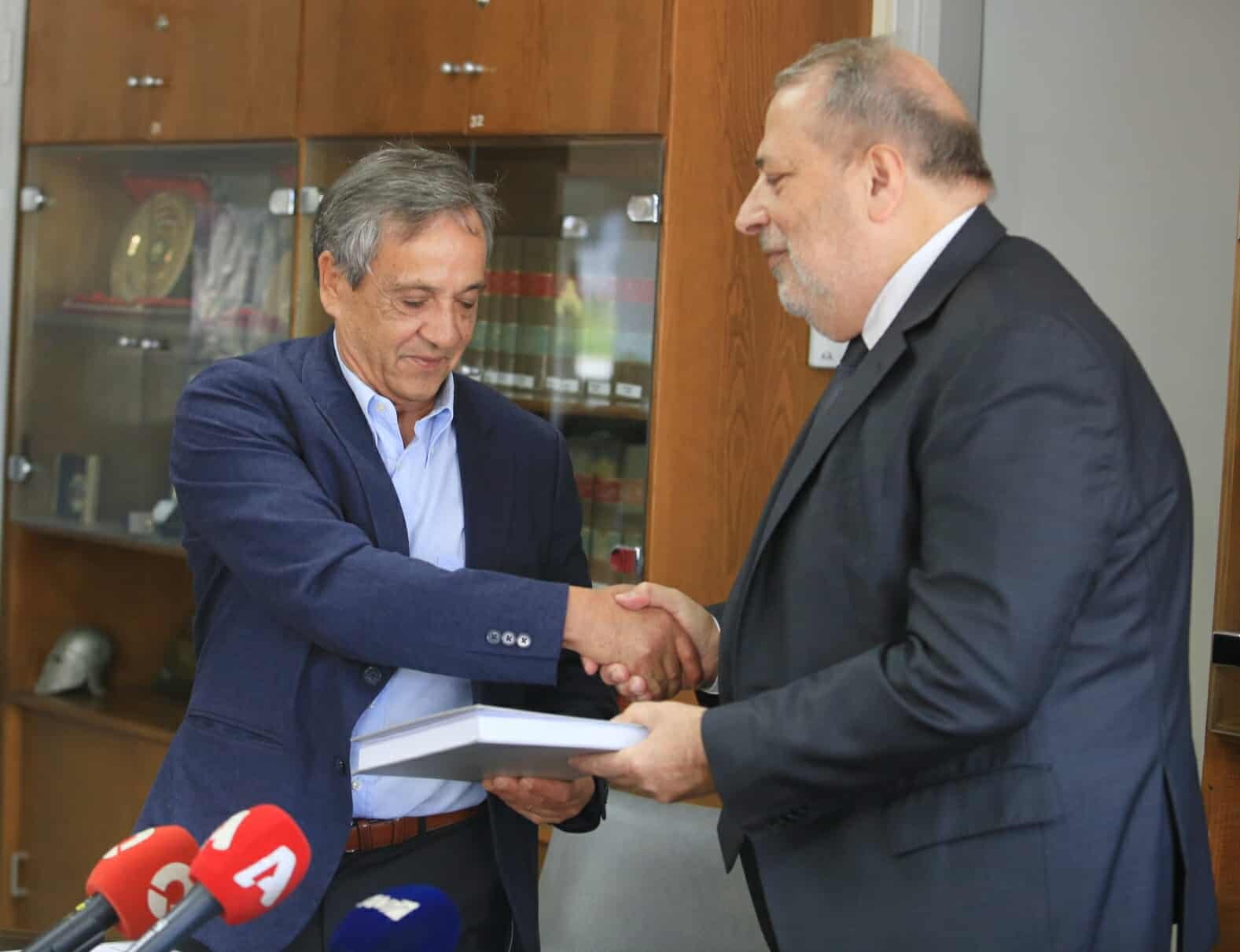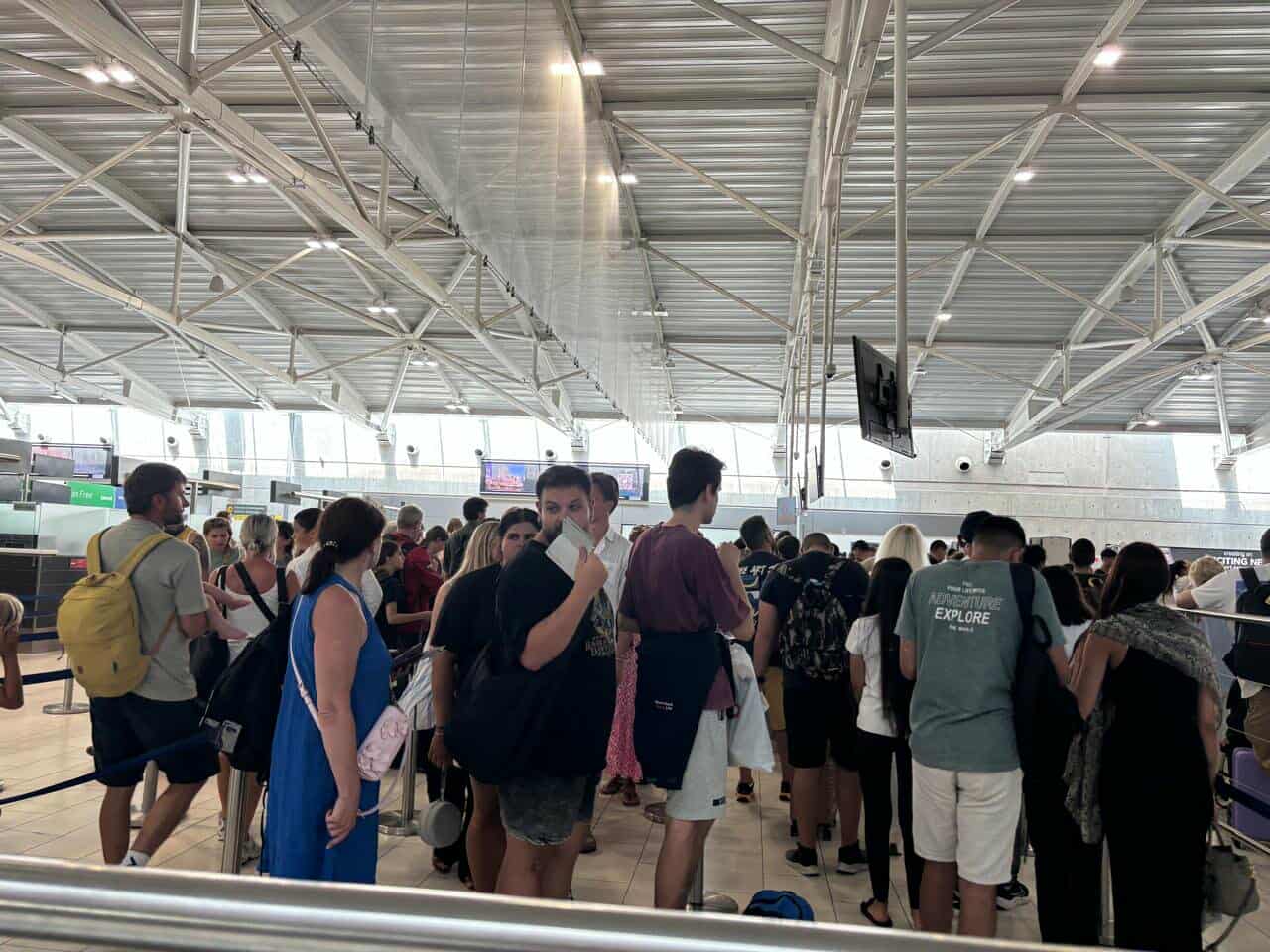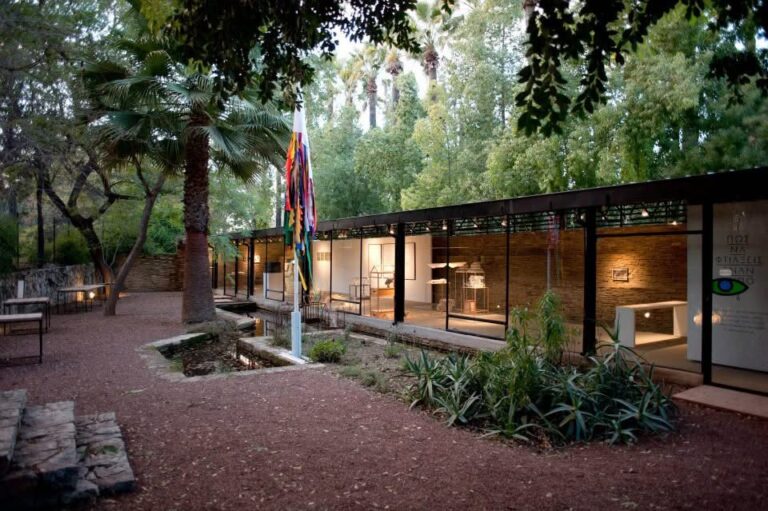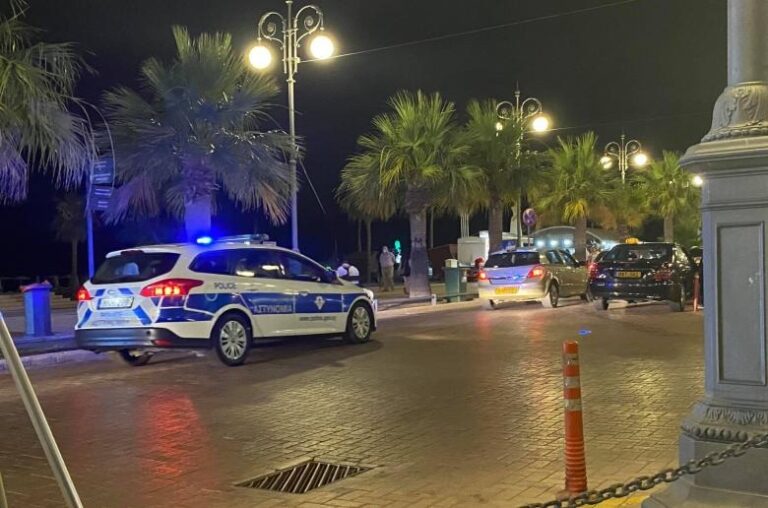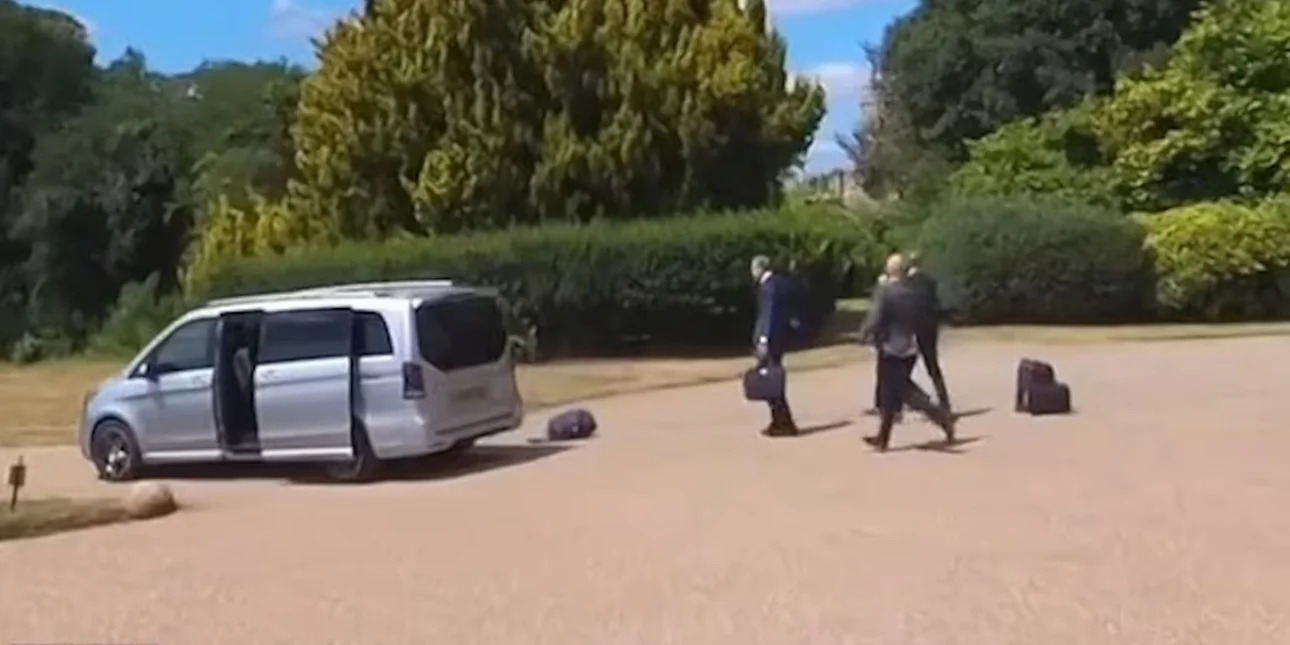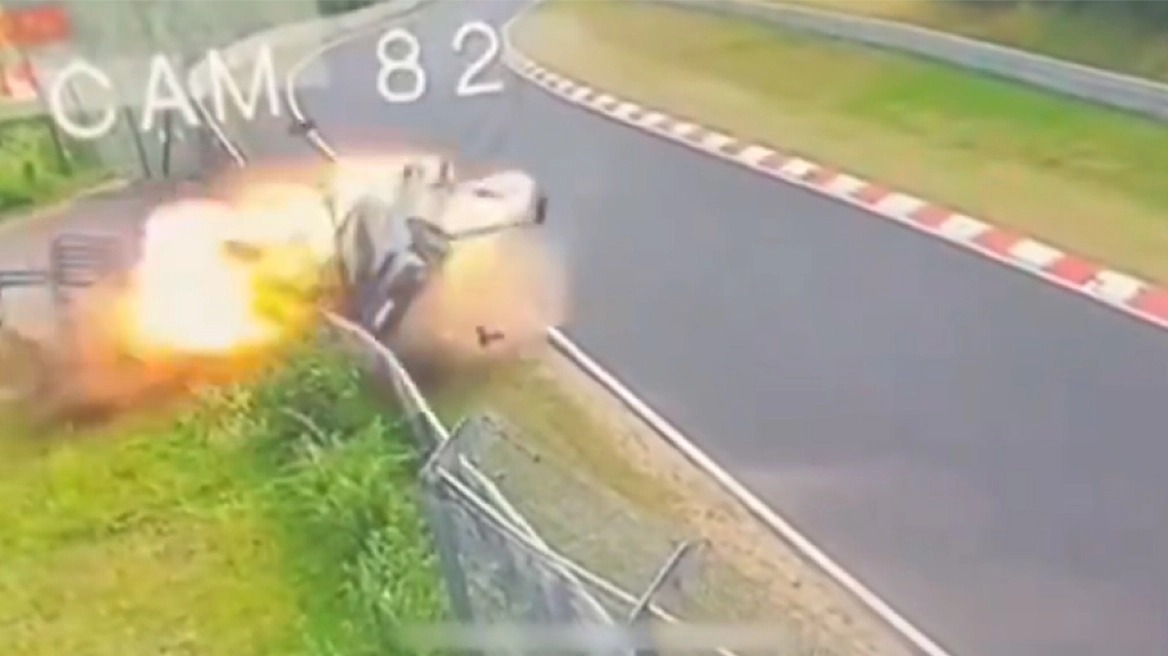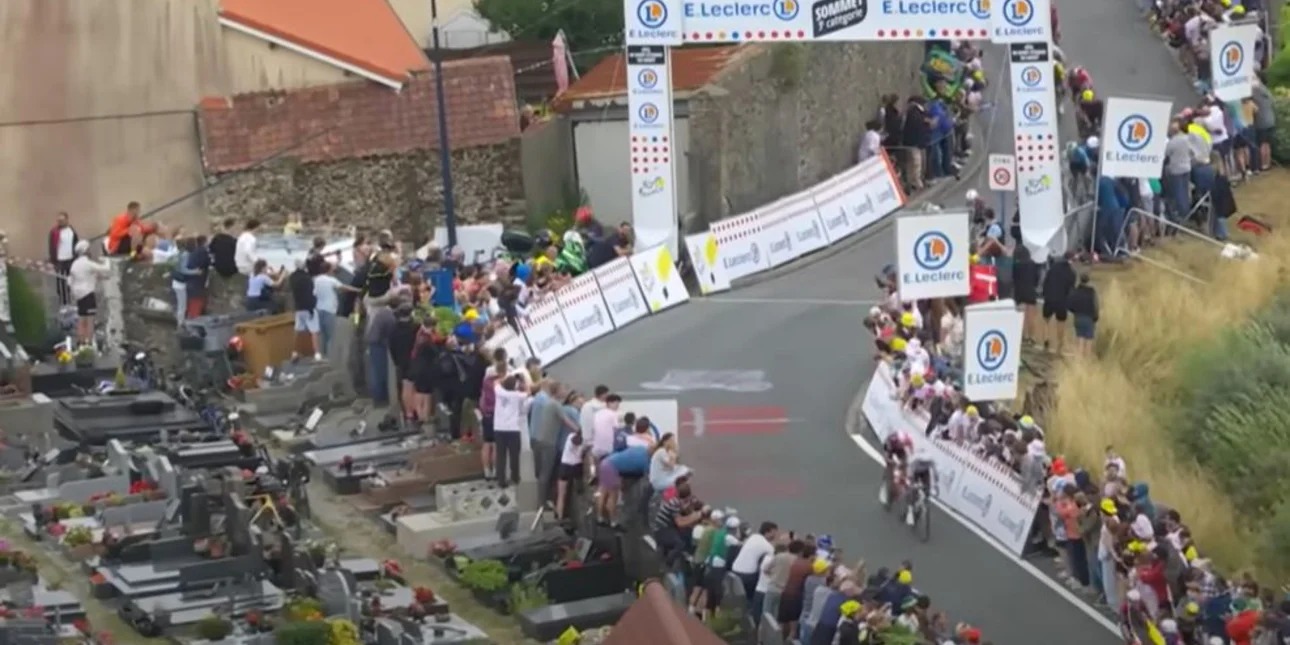The project promotes a holistic approach to addressing common challenges in historic districts, by setting sustainable development as a priority and avoiding focusing on individual challenges. The aim is to transit the historic urban centres to a sustainable and all-inclusive growth, and to reduce their vulnerability to climate change. This will be developed through the engagement of the stakeholders of the areas involved, such as the public authorities, professionals, organised groups, and citizens.
The study aims to analyse the views of residents/workers/visitors within Nicosia on various aspects, that are either directly or indirectly related to the quality of life, and the natural, structured and social environment. It is part of the aforementioned project and aims to identify the greatest needs and the priorities for the execution of projects and activities in the historical centre.
Participants will be asked to answer a questionnaire of 29 short questions. The first 15 are demographic-oriented and they will help to evaluate the results and plan the next activities. The next 14 are based on the ‘Place Standard’ tool and are designed to evaluate the current conditions in their area.
The ‘Place Standard’ tool evaluates the quality, capabilities, and current conditions in the neighborhood/region through a simplified process, and has been used in similar studies abroad, in action planning. The tool can help identify areas where targeted actions can be taken on a priority.
“Please take some time to complete the questionnaire, as the evaluation of the historic center by its users is probably the most reliable source,” the Cyprus Energy Centre said.
“The 21st century will determine the way we will tackle climate change and social inequality in cities. The actions to be taken to reduce the impact of climate change and the vulnerability of cities, contribute to reducing social inequality, by creating opportunities for partnerships and local investment, among other.”
The questionnaire is estimated to take about 10-15 minutes to complete.

